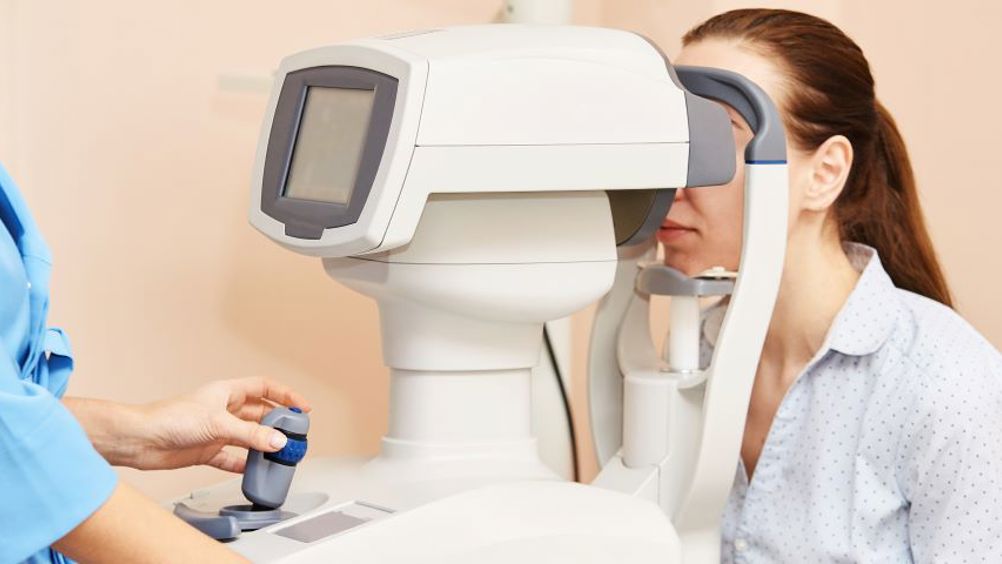Eye scans could reveal kidney disease
Optical coherence tomography (OCT) has helped with the creation of 3D eye scans that can reveal the health of human kidneys.

Experts at Edinburgh University said the technology could support early diagnosis of kidney disease as current screening tests cannot detect the condition until half of the kidney function has been lost. The team’s findings are detailed in Nature Communications.
Researchers used highly magnified images to detect changes to the retina and found that the images offer a quick, non-invasive way to monitor kidney health.
In a statement, Dr Aisling McMahon, executive director of research and policy at Kidney Research UK, said: “Kidney patients often face invasive procedures to monitor their kidney health, often on top of receiving gruelling treatments like dialysis.
“This fantastic research shows the potential for a far kinder way of monitoring kidney health.”
The eye is the only part of the body where it is possible to view microvascular circulation, and this flow of blood through the body’s smallest vessels is often affected in kidney disease.
Register now to continue reading
Thanks for visiting The Engineer. You’ve now reached your monthly limit of news stories. Register for free to unlock unlimited access to all of our news coverage, as well as premium content including opinion, in-depth features and special reports.
Benefits of registering
-
In-depth insights and coverage of key emerging trends
-
Unrestricted access to special reports throughout the year
-
Daily technology news delivered straight to your inbox










Water Sector Talent Exodus Could Cripple The Sector
Well let´s do a little experiment. My last (10.4.25) half-yearly water/waste water bill from Severn Trent was £98.29. How much does not-for-profit Dŵr...